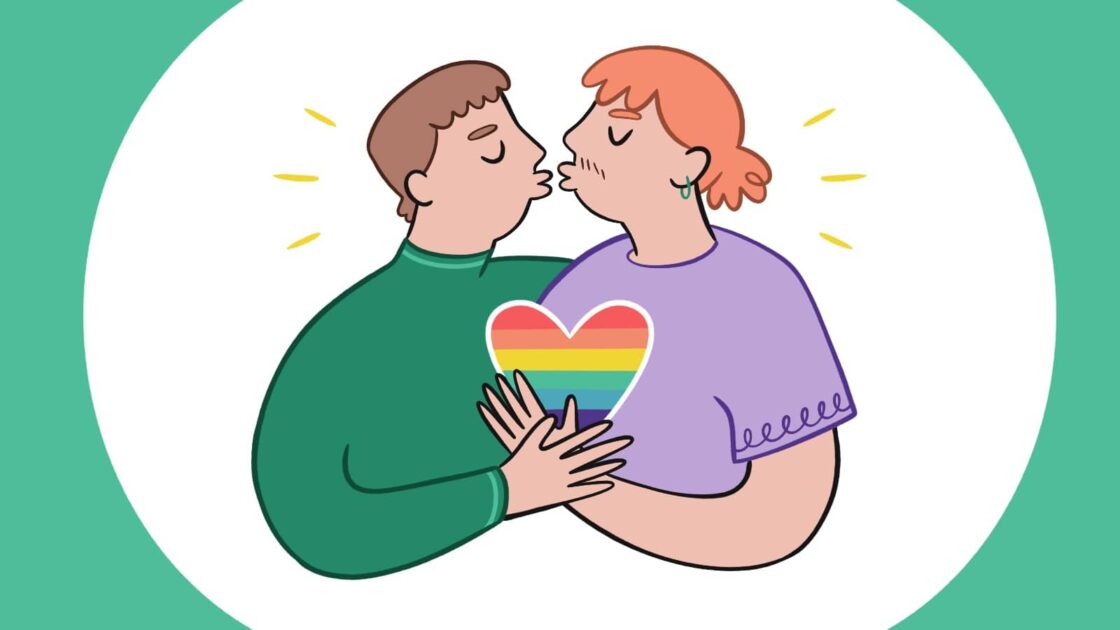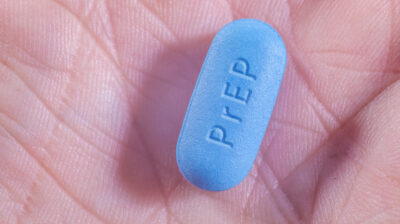Why LGBTI+ inclusive sex education is important
Illan shares his thoughts on how an LGBTI+ inclusive sex education programme could benefit everyone.

Why is LGBTI+ inclusive sex education important? A simple reason really: it is essential because LGBTI+ people exist and have the same right to education as everyone else. Not having inclusive sex education is a failure to provide that right to education.
The entire sum of my sexual education in fourteen years of schooling amounted to probably about five hours. Ten minutes of that was devoted to noting that we may experience same-sex attraction and that it may go away, but if not that’s okay. Not precisely “holistic” as the buzzword-loving school programmes say. I think I was rather lucky getting those ten minutes, to be honest, many of my other peers did not receive any such acknowledgement.
PrEP Awareness
Growing up gay, one thing that I was constantly aware of was STIs; specifically, HIV and AIDS. Often viewed as a “gay” disease, it was made out to be a massive risk that all gay men faced, that it was incurable and basically a death sentence. It instilled a lot of fear in a young, gay me – fears of intimacy and trust. Of course, getting all my information from the internet on questionable websites was hardly helping. But where else could I go? School wasn’t there for me.
Puberty already feels like such an isolating period, this only compounded that. It was only as I got older and became more exposed to the world that I realised there are treatments available, and even a preventative drug called PrEP. I do not ever recall being informed in school about the treatments available for any STI, only that condoms prevent them (which is also only a half-truth!).
Positive visibility
Having only been taught the bare minimum in class (that “gay is okay”), I had only the media to show me what a functioning same-sex relationship between men was. These were always portrayed as either two things: hyper-bitchy or hyper-sexualised. Sometimes both. It severely affected my ideas of healthy same-sex relationships.
Inclusive LGBTI+ sex education should be aimed at destigmatising same-sex relationships beyond the “gay is okay” mantra. It is for the safety of young LGBTI+ people who are already in the midst of a vulnerable period in their lives. Showcasing healthy non-heterosexual relationships, including guidance on consent and communication, will equip these young people with boundaries and the confidence to enforce them.
Sexual health is mental health
Most importantly, sexual health is mental health. LGBTI+ people are at a higher risk of taking their own lives. While a number of reasons factor into this, stigma is a huge part, and especially stigma around STIs. This is not just an LGBTI+ issue either. People are deemed “dirty” and shamed, or excluded for it. To destigmatise these issues would take the shame out. If people feel as if they are in control of their sexual health even after being diagnosed with an STI, it is less of a mental burden to carry.
Education for all
There is also another benefit to having an LGBTI+ inclusive sex education curriculum: it demystifies these experiences to non-LGBTI+ students. It allows room for classmates to empathise with each other and discourages ignorance, which hopefully denies prejudice a chance to develop. LGBTI+ inclusive sex education is important because we live in a world where LGBTI+ people exist and have every right to be included in receiving safe education, crucial for their healthy development.
This piece is part of ‘Under the Sheets‘, the National Action Panel’s Voices campaign to raise awareness of the importance of unbiased fact-based inclusive sex education for all young people. Access more information and supports for sexual health.
Illustrations by Ezra Pinkerton.
Feeling overwhelmed and want to talk to someone?
- Get anonymous support 24/7 with our text message support service
- Connect with a trained volunteer who will listen to you, and help you to move forward feeling better
- Whatsapp us now or free-text SPUNOUT to 50808 to begin.
- Find out more about our text message support service
If you are a customer of the 48 or An Post network or cannot get through using the ‘50808’ short code please text HELLO to 086 1800 280 (standard message rates may apply). Some smaller networks do not support short codes like ‘50808’.






